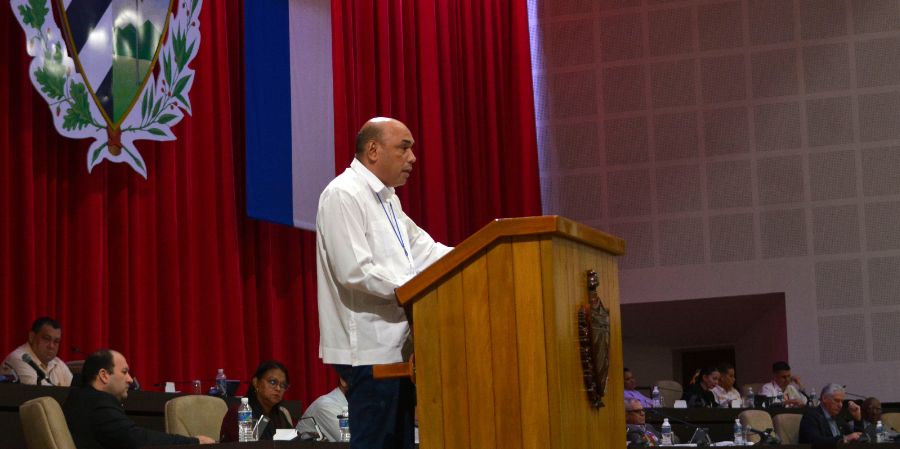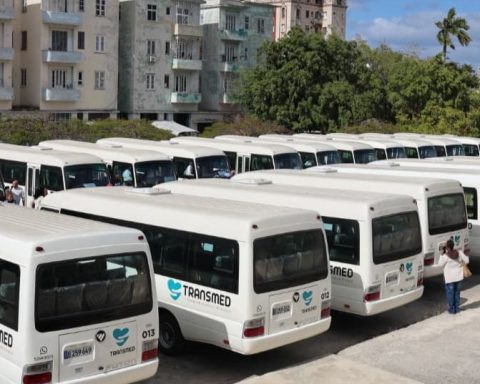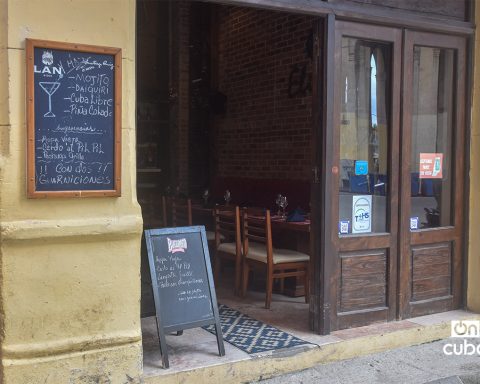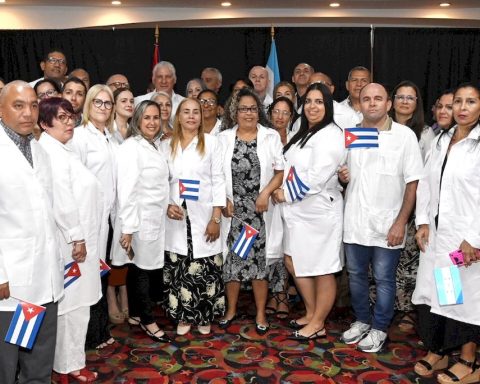HAVANA, Cuba. – Hunger, child malnutrition and the impoverishment of the elderly will be among the legacies of the so-called “Continuity” generation, as was confirmed in the sessions of the National Assembly of People’s Power, held between July 17 and 19. The oversight exercise of the Food Industry (MINAL) and the accountability report of the Ministry of Domestic Trade, as well as the deputies themselves, expressed many of the existing problems, with no short-term solutions.
Food supplies will continue to be uncertain and expensive due to the Government’s inability to meet the small monthly quotas of rice, sugar, oil, coffee, beans, eggs and chicken. the basic basketand industries and agriculture to produce. To complete, potential reductions in imports are expected by SMEsdue to price caps on some essential products and other new restrictions imposed by the Government. Exports of 240 million dollars in 2024 by MINAL, the lack of liquidity and the permanence of sanctions applied by the United States will prevent an increase in imports.
At the most recent session of Parliament, the Minister of the Food Industry, Alberto López Díaz, stressed the dependence on agricultural supplies and the restricted import of raw materials, the inadequacies that negatively impact production results, as well as the non-application of the 43 measures to strengthen the socialist state enterprise and the non-decentralization of powers by business structures to the base, which prevents the distribution of the percentage of profits and causes demotivation with the exodus of workers. Of the 1,466 private MSMEs approved to produce food, only 507 actually produce it, he added.
Last March, 70.3% of milk was delivered by contracted producers, which affected the distribution of one litre per day to children from zero to seven years old who do not receive powdered milk. On the other hand, the slaughter of cattle was recently authorized, under many restrictions after the state contract was fulfilled.
The need to encourage marine fishing activity, whose private fishermen have been severely persecuted until recent years, and especially aquaculture in underused dams, occupied several interventions. Deputy Leidys María Labrador, from Puerto Padreproposed promoting coastal towns with the possibility of creating cooperatives. The fleet of modern boats, promoted since the mid-1960s, which for about two decades fished in Africa and other areas far from Cuba, is no longer remembered. Fish is rarely sold in state-owned shops; lobsters and shrimp are exported, so many generations have not tasted the exquisite flavors or been nourished by the benefits of the small archipelago.
OPINION ARTICLE
The opinions expressed in this article are the sole responsibility of the person issuing them and do not necessarily represent the opinion of CubaNet.
Follow our channel WhatsApp. Receive the information from CubaNet on your cell phone through Telegram.
















